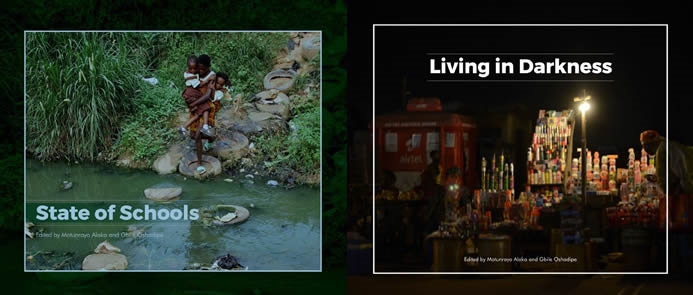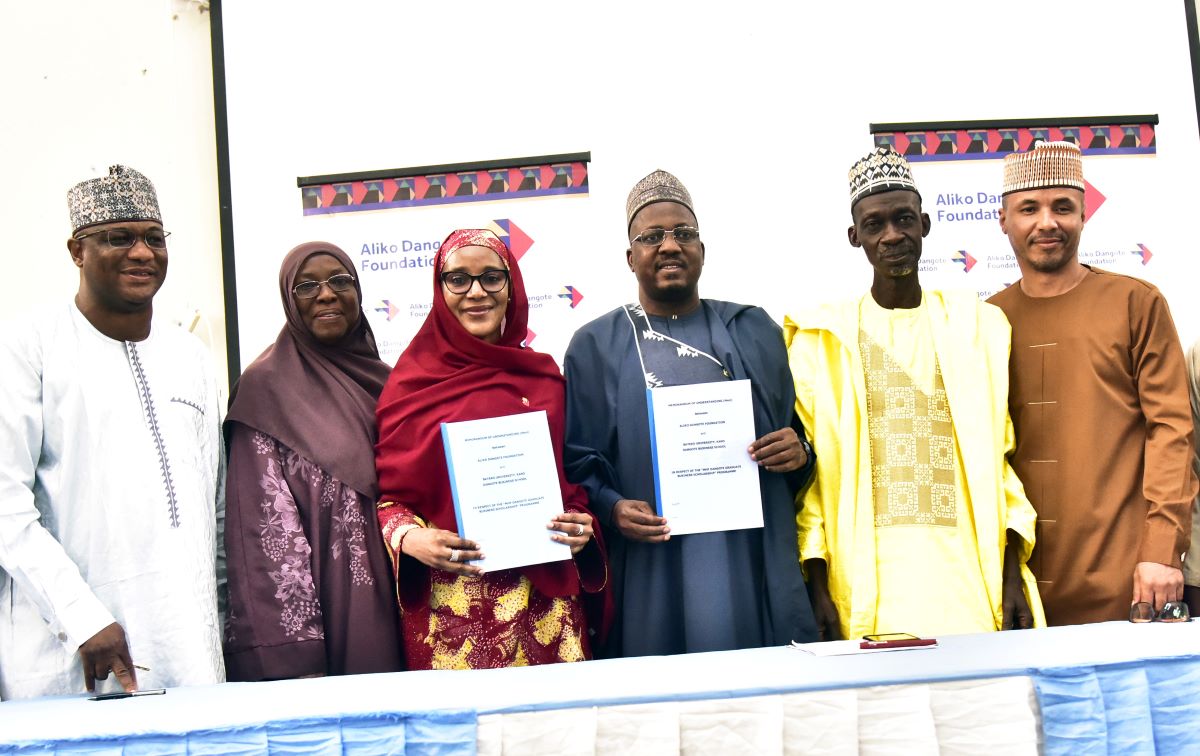Soyinka Centre for Investigative Journalism Releases Photo Books On State Of Nigeria’s Basic Education Electricity
Posted on July 28, 2020

| The Wole Soyinka Centre for Investigative Journalism (WSCIJ) has released two photo books on the challenges with basic education and electricity in Nigeria. The photo books titled, State of Schools and Living in Darkness, are part of WSCIJ’s Regulatory Monitoring Programme (REMOP). The books have some of the most compelling pictures from reports published under the REMOP project during its first three years from 2017 to 2019. Lack of infrastructure, poor environment and sanitation, congestion and ‘working children’ are some themes covered in the ‘State of Schools’. It interrogates the difficulties children, teachers, communities and other stakeholders face. Its electricity version, ‘Living in Darkness’, covers safety hazards and infrastructural decay in the electricity sector among other issues. Electricity and basic education are interconnected and pertinent to Nigeria’s development. The photo books reiterate the need for an integrated development approach by all stakeholders in tackling the challenges. The books were edited by Motunrayo Alaka, Executive Director/CEO of WSCIJ and Gbile Oshadipe, Director of Picture Perfect and photojournalism expert. 19 journalists worked across different news media organisations and states to contribute to the collection of pictures. WSCIJ conceived REMOP as a media initiative geared at following and reporting the activities of government regulatory bodies to promote proactive disclosure of information, transparency and accountability. It has trained 93 journalists and published 55 individual investigative reports. In 2019, it facilitated a first-of-its-kind collaborative journalism effort with eight reporters and three editors from Premium Times, TheCable, Daily Trust and the International Centre For Investigative Reporting (ICIR) to publish six investigative reports focused on why Nigeria does not have stable electricity. Other activities such as lectures, campus outreaches and internship, stakeholders’ meetings and social media campaigns were undertaken and led to impact in the sectors. The WSCIJ and its partners are hoping the release of the photo books and the media campaign that will follow will get the attention of the federal government, state governors and other stakeholders to use the school closure window caused by the covid19 pandemic to improve the state of schools and attend to the darkness in the electric power supply sector that is stifling the development of the country. The Centre says the electronic copies of the photo books can be downloaded from https://bit.ly/WSCIJREMOPPhotoBooks |











